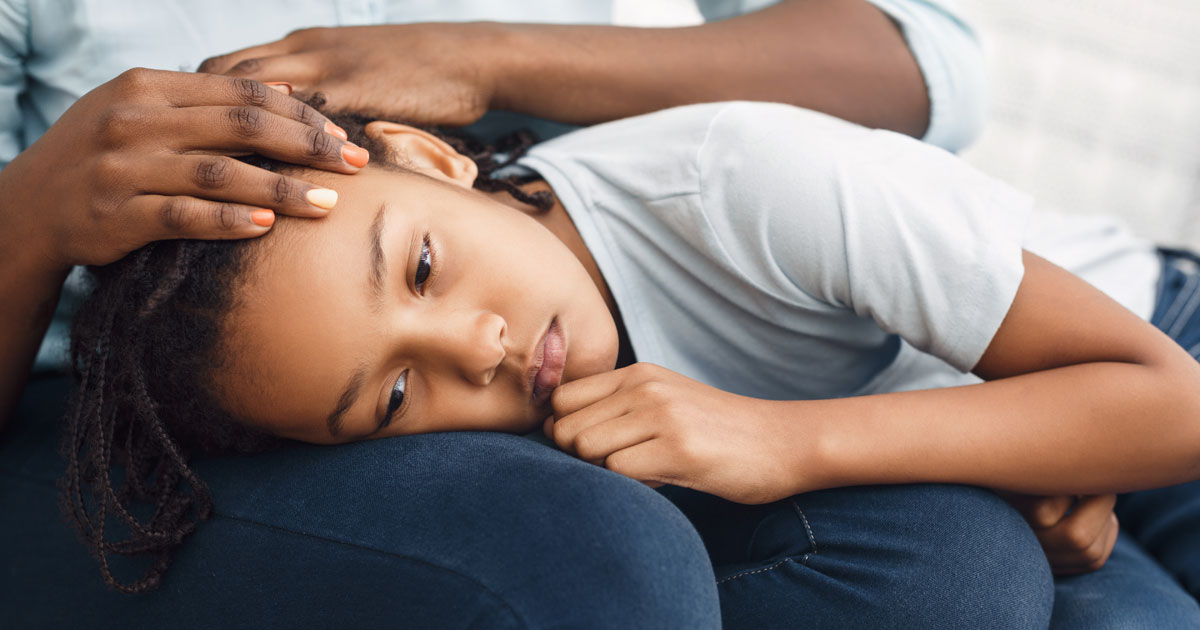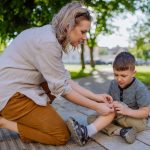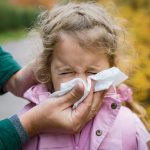
On May 24th, we hugged our children a little tighter, asked them about their day, and felt immensely grateful that they returned home to us, safely.
Parents shouldn’t have to worry about sending their children to school, and yet, they do. The shooting at Robb Elementary School in Uvalde, Texas, marks the 27th school shooting in the US this year. It’s sad, confusing, and scary for kids and grownups, too. While you might not have all the answers, it’s important to talk through your child’s feelings and concerns together. Here’s where to start.
Addressing Scary Real-life Events with Kids
Ask if your child has questions about what happened. This is a great way to find out what your child thinks, feels, and knows about the event. Follow their lead and answer their questions honestly, without sharing too much information. Validate their feelings and let them know that it’s okay to feel scared or confused about what happened. Reassure them that schools are very safe. You can even give a few examples of school safety, such as locked exterior doors, playground monitors at recess, and emergency drills practiced during the year. Remind them that you are there for them, and they can come to you with any questions or concerns.
If children have trouble putting their feelings into words, they may find it helpful to express themselves through art, play, or telling a story.
Keep home safe and reliable. Home is your child’s safe place, especially when the world around them feels unpredictable. Keep a regular schedule and go about life as normal, with some extra patience, check ins, and hugs. Take your child’s mind off recent events by doing something fun together as a family, like watching a movie or having a game night.
Watch for physical signs of stress or anxiety. After a traumatic event, it’s normal to feel anxious, afraid, sad, and even angry. Sometimes these big feelings can affect children’s behaviors, mood, appetite, and sleep. For most kids, these symptoms will improve with reassurance and time. Others may need help working through their emotions. Talk with your pediatrician if you are at all concerned. They can connect you with one of our behavioral health clinicians for additional support and resources.
Limit exposure to media. Watching and listening to images of scary real-life events on television or on the radio may intensify children’s anxiety and fears. While certain types of media coverage may be appropriate for older children to view with their parents, it’s important for parents to preview the content so they can make an educated decision about whether or not and when to share it with their child. Parents and children should both be encouraged to take breaks from the news with a mood-boosting activity, such as going for a walk, listening to music, or connecting with friends and family.
Keep adult conversations private. Adult conversations may confuse or worry kids and, worst of all, you may not realize your child overheard you. Kids have a smaller scope of the world, and what adults say hits closer to home for them. Although this shooting occurred in Texas, children will imagine it happening at their school. Protect little ears from excessive worry by having adult conversations away from them.
For additional tips and guidance on having hard conversations with your children, see the amazing resources below.
Learn More
- Community & Gun Violence (Sesame Street)
- Talking With Children About Tragedies & Other News Events (American Academy of Pediatrics)
- Managing Your Distress in the Aftermath of a Shooting (American Psychological Association)
- Helping Your Children Manage Distress in the Aftermath of a Shooting (American Psychological Association)
- Parent Guidelines for Helping Youth After the Recent Shooting (National Child Traumatic Stress Network)
- Tips for Parents and Caregivers on Media Coverage of Traumatic Events (National Child Traumatic Stress Network)
- Tips for Talking to Children and Youth After Traumatic Events (Substance Abuse and Mental Health Services Administration)
- Talking to Children About Terrorist Attacks and School and Community Shootings in the News (National Center for School Crisis and Bereavement)
Our hearts go out to the Uvalde community and the families impacted by the Robb Elementary School shooting. We grieve the loss of 19 dearly loved children and two teachers with them.








